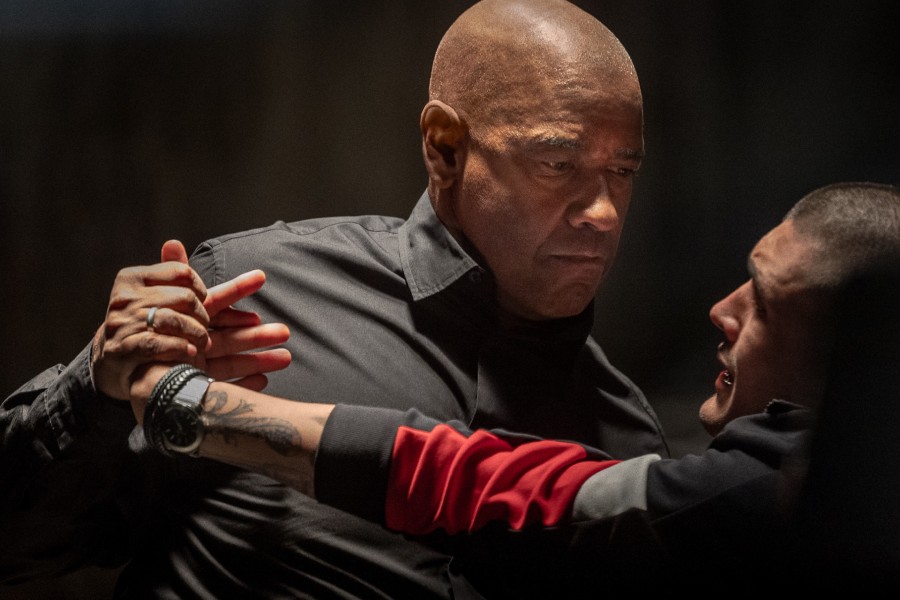Okay, so I’ve been seeing all this buzz online about “The Equalizer 3” and how parts of it are in Italian. And honestly, I was super curious. I mean, Denzel Washington kicking butt in Italy? Sign me up! But I wanted to dig a little deeper into why so much of the movie is in Italian.
My Little Investigation
First, I fired up my trusty browser. My first instinct is usually to search on the web. I wanted to confirm that what I was seeing what other people were talking about and get the real context of the film setting.

So, yeah, the movie is set in Southern Italy. That right there explains a lot. It’s not just a few lines here and there; a good chunk of the dialogue is naturally going to be in Italian because, well, that’s where the story takes place!
Then, I started thinking about the plot. Robert McCall (Denzel’s character) is trying to leave his past behind and find some peace. He ends up in this small, beautiful Italian town and connects with the locals. It makes perfect sense that he’d be interacting with them in their language.
- It adds to the realism. Imagine if everyone in this tiny Italian town conveniently spoke perfect English. It would feel totally fake, right?
- It shows McCall’s respect for the culture. He’s not just barging in as an American expecting everyone to cater to him. He’s trying to fit in, to become part of their community.
- It creates some dramatic tension. There are definitely scenes where the language barrier adds to the suspense. You’re not always sure what’s being said, and that can make things even more intense.
I even watched a few interviews with the cast and crew. They talked about how important it was to them to be authentic to the setting. They hired local actors, worked with language coaches, and really immersed themselves in the Italian culture. This all made the movie feel richer and more real.
Honestly, after doing all this digging, I appreciate the movie even more. The Italian language isn’t just a gimmick; it’s a vital part of the story. It adds depth, realism, and a whole layer of cultural richness that you wouldn’t get otherwise.